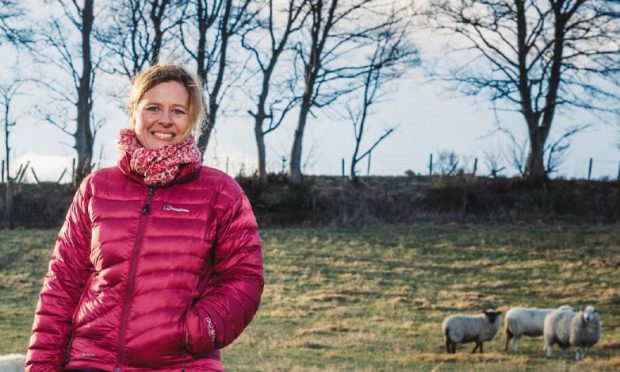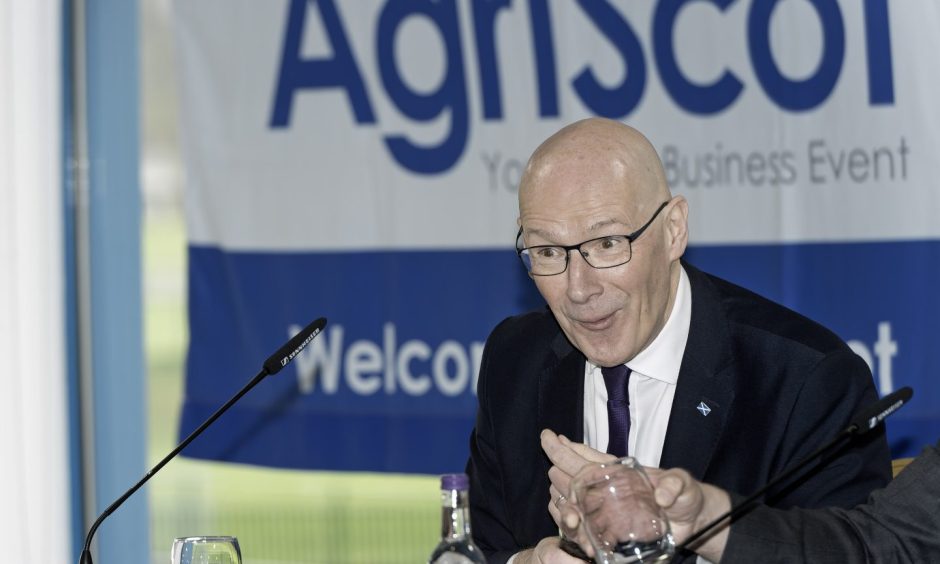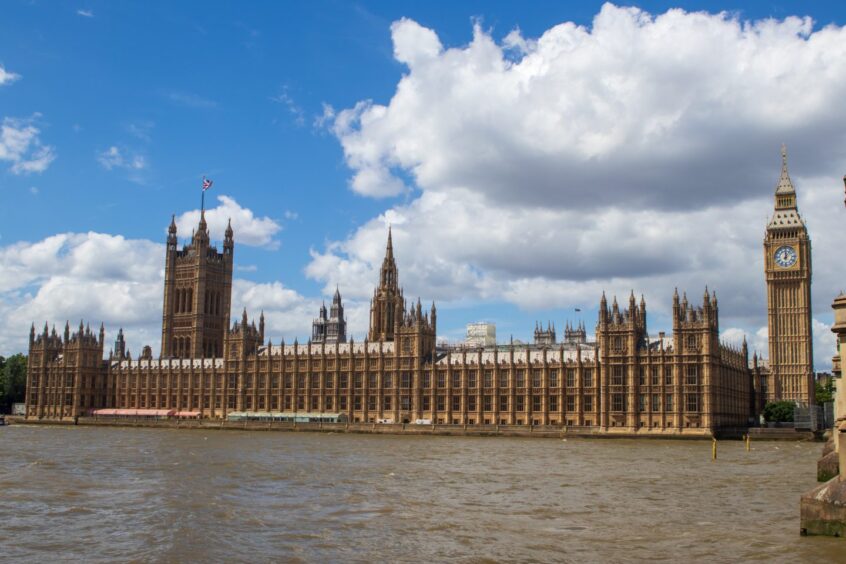Those of us running rural businesses, farms and estates knew there were some hard-hitting changes coming from Westminster’s Autumn Budget.
What was delivered was brutal and has created a wave of anger and worry.
And this is at a level I haven’t seen in my 30 years of communicating agriculture.
I feel conflicted because, as a big believer in public service investment, and seeing how other countries succeed in delivering healthcare, infrastructure and education so much better than us, I know the UK needs to invest.
They haven’t prioritised investment where it’s been needed.”
But was the Budget the right way to raise the necessary funds?
I spoke to someone recently about politics and he cited Thomas Jefferson’s quote: “The price of liberty is eternal vigilance.”
The UK’s politicians have had all the liberties in our relatively rich and comfortable nation, but haven’t been vigilant, he explained.
They haven’t prioritised investment where it’s been needed, he added.
I can’t help feeling he is right.
‘Wicked problems’
I acknowledge the current government has a set of “wicked” problems to resolve.
But I also feel there’s been a wholesale disregard and understanding of agriculture and the wider rural economy
Labour’s changes to agricultural property relief may feel like a sizeable ideological and political win over the Tories, but I’m pretty sure they hadn’t been expecting the vortex of unrest it has created.
Last week’s AgriScot event gave First Minister John Swinney the perfect opportunity to respond to Westminster through the prism of the farming community.
It’s the kind of smart political move Alex Salmond played so well.
First minister speaks of Budget’s chilling effect’ on Scottish farmers
And it was certainly well judged, given the number of journalists swarming to the media “huddle” around Mr Swinney at the event.
Mr Swinney said the planned inheritance reforms were having a “chilling” effect on Scottish farming and rural businesses.
The UK Budget could scarcely have been more indifferent to the needs of rural communities, he added.
His appearance was also perfectly timed ahead of the upcoming Westminster and Holyrood lobbying rallies.
The official NFU lobbying presence for London (November 19) is now oversubscribed.
But an unofficial The Farming Forum rally looks like it may exceed 10,000 people.
The scale of the London presence will demonstrate the huge groundswell of sentiment and will certainly capture the attention of MPs, the media and the wider public.
Someone asked me what my PR tips would be for those involved in these events.
Firstly, tell your story – be prepared to share why you’re there, personally.
Explain what you want changed and why it matters to you and your family.
The argumentation needs to be strong, objective, well considered and to resonate with people who may have had no exposure to farming and rural places.”
Secondly, these gatherings are serious in intent; it’s the chance to lobby and, therefore, needs to be constructive and effective.
The media’s eyes will be on the rallies and my concern is seeing a photo on the front page of the Sun showing high-spirited revelry. This would diminish the seriousness of the asks.
Thirdly, it’s an opportunity to gain support. The argumentation needs to be strong, objective, well considered and to resonate with people who may have had no exposure to farming and rural places.
Take time while you’re in the cities to explain the basis of your asks of government.
Finally, I’d also encourage vigilance. Rallies can attract others with nothing to do with the cause, including those there to disrupt, or hijack the events.
To me, this was an urban-centric Budget delivered by policymakers who haven’t taken the time to truly listen to, respect and, with time, understand the rural voice, its complexity and its vulnerability.
Is it any wonder the countryside is bitterly angry?”
In her Budget speech, the chancellor cited Labour’s role in rebuilding Britain after the Second World War.
But what she failed to acknowledge is that landowners and farmers were firmly at the centre of economic and societal recovery back then, exactly where they should be now.
Is it any wonder the countryside is bitterly angry?
Jane Craigie and her team run a communications agency specialising in agriculture, food and the rural economy.





Conversation